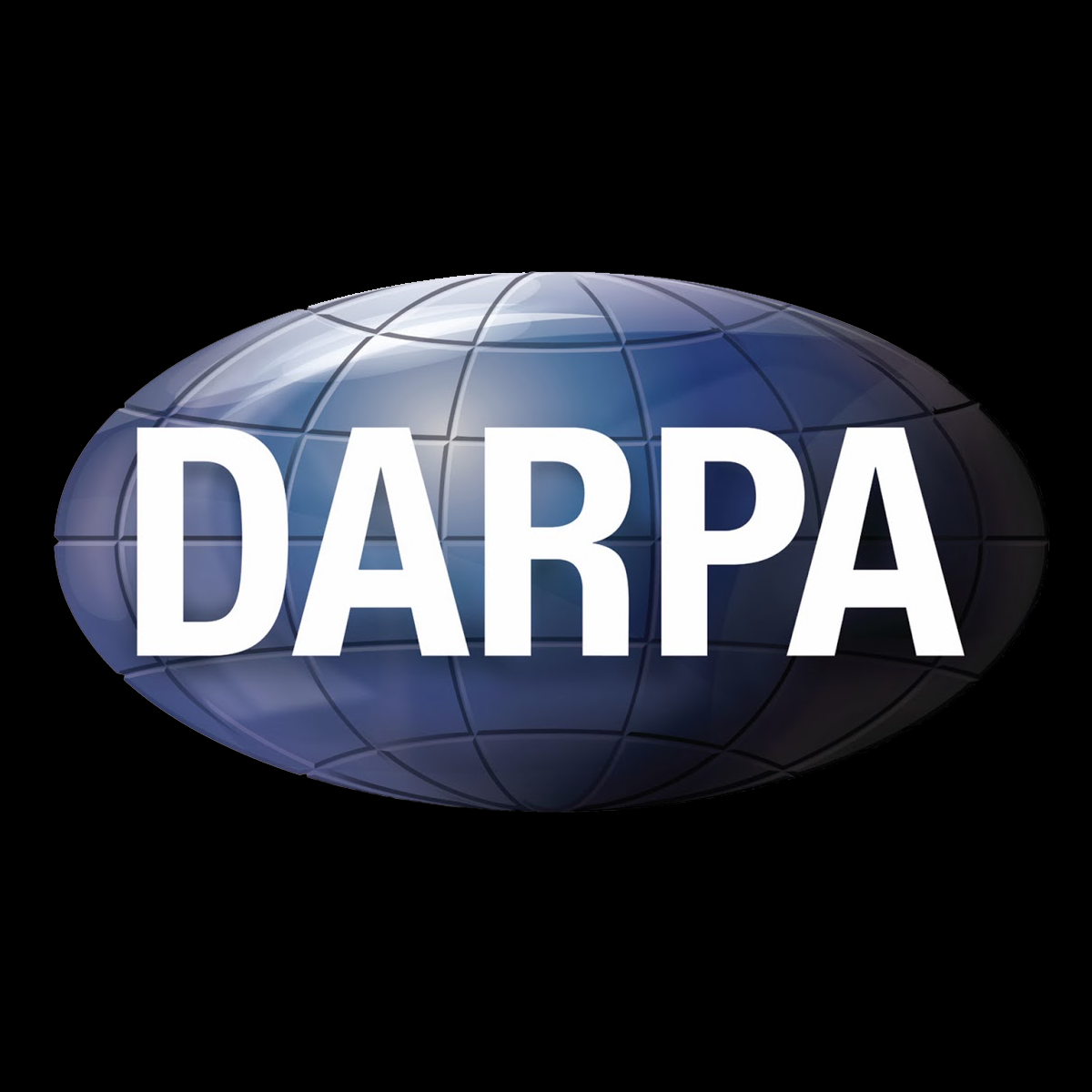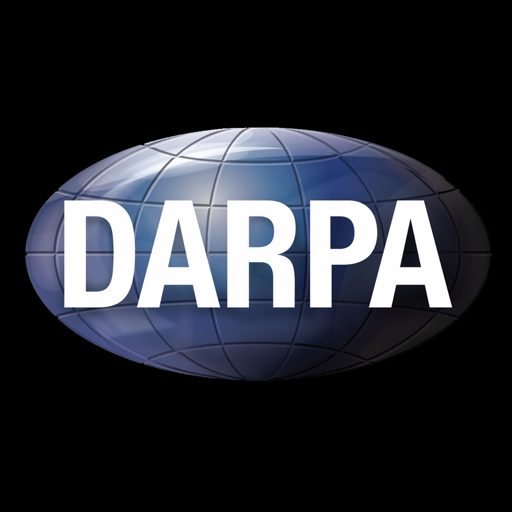Active-duty conditions may lead to sleep loss, which can impair warfighter alertness and performance. Current state-of-the-art approaches for maintaining alertness following sleep deprivation include the use of drugs such as caffeine, and for U.S. military personnel undergoing long-duration training or missions, prescription stimulants, such as dextroamphetamine, may be prescribed. These stimulants have been shown to improve performance on vigilance tasks, alertness, and cognitive performance, but they can also negatively impact mood, have the potential for addiction, and may demonstrate a long circulation time in the bloodstream, which can negatively impact sleep. Over time, a cumulative lack of restorative sleep can adversely impact not only warfighter alertness and cognition, but also metabolic, immune, and mental health.
Combining light simulation and photo-pharmaceuticals — a category of drugs that are only active in the presence of certain types of light — to target specific brain circuits, DARPA’s Alert WARfighter Enablement (AWARE) program aims to safely stimulate brain function to improve alertness for a controlled time period. The AWARE program seeks to develop a combination drug and device to non-invasively increase alertness following sleep loss in humans, without negative side effects such as anxiety, irritability, or euphoria, and with reduced addictive potential.


